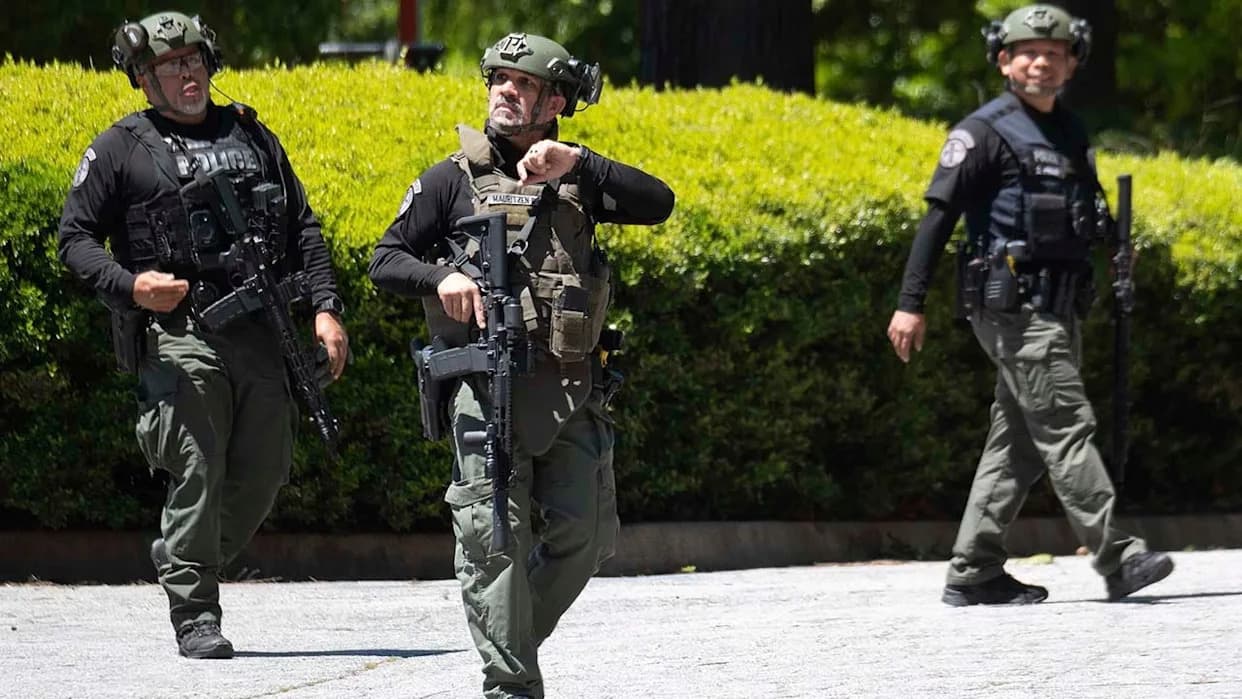The Brazilian Forum on Public Safety reports that criminal gangs now operate in 344 of the Amazon’s 772 municipalities, a 32% increase from last year. Violence has surged — with 8,047 homicides in 2024 — and organized groups are expanding into extortion and environmental crimes such as illegal logging and mining. A bill approved by the lower house would stiffen penalties for gang membership, allow earlier asset seizures and require leaders to serve terms in federal maximum-security prisons; it now proceeds to the Senate. Experts say combating crime will also require sustainable development alternatives for the region.
Gangs Now Operate in Nearly Half of Brazilian Amazon Municipalities, Report Warns

Criminal gangs expanded their footprint across the Brazilian Amazon last year and are now active in nearly half of the region’s municipalities, a new report from the Brazilian Forum on Public Safety finds. The rise in organized crime comes as world leaders and delegates gather in the region for climate talks, heightening concerns about violence and threats to the rainforest.
Key findings
- Gangs were present in 344 of the Amazon’s 772 municipalities — roughly 45% of them — representing a 32% increase from the previous year and more than double their presence from two years earlier.
- There were 8,047 homicides in the region in 2024, a rate of 27.3 killings per 100,000 inhabitants — about 31% higher than Brazil’s national average.
- Organized crime activity now includes not only drug trafficking but rising extortion and environmental crimes such as illegal logging and mining.
The report highlights the expanded reach of Brazil’s Red Command, which more than doubled its presence since 2023. The group was implicated in a deadly police operation in Rio de Janeiro on Oct. 28 that resulted in 121 deaths and sparked a nationwide debate about organized crime and policing.
Alongside Red Command and its principal rival, the São Paulo-based First Capital Command, researchers identified roughly 17 other criminal groups active in the Amazon. These include Venezuela’s Tren de Aragua, which has previously drawn international security attention.
“These crime groups are seeking to diversify and maximize their illegal activities,” said David Marques, one of the report’s authors. “In addition to drug trafficking, there’s been an increase in extortion and environmental crimes such as illegal logging and mining.”
The report describes how the Rio-based Red Command has strengthened control of river routes in coordination with Peruvian and Colombian cartels, funneling drugs toward strategic northern ports such as Manaus, Santarém, Barcarena, Macapá and Belém. The First Capital Command has exploited clandestine airstrips in remote areas linked to illegal mining operations.
Renato Sérgio de Lima, director of the Brazilian Forum on Public Safety, argued that “tackling organized crime in the Amazon will require promoting alternative models of development rather than continuing the predatory exploitation of resources.”
In response to rising public concern, Brazil’s lower house approved a bill that would increase penalties for crimes committed by gang members — for example, raising the recommended prison term for intentional homicide from 6–20 years to 20–40 years when the offender is a gang member. The measure would also allow authorities to seize assets before a final judgment and require gang leaders to serve sentences in maximum-security federal prisons. Critics, including President Luiz Inácio Lula da Silva, have warned that proposed budget cuts to the federal police could weaken enforcement.
The bill now moves to the Senate, where revisions are expected, but many analysts believe a compromise will likely pass given crime’s prominence as a voter concern. Experts and the report’s authors stress that legal and security measures must be paired with development strategies that provide sustainable alternatives to illegal resource extraction in the Amazon.
Help us improve.



























